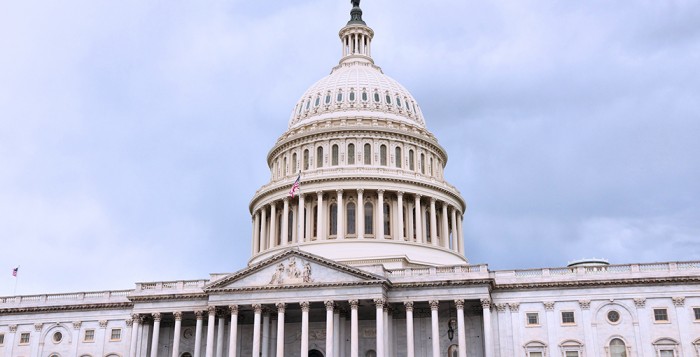The Office of Long-Term Living (OLTL) issued the following notice regarding the American Rescue Plan Act (ARPA) one-time payments for personal care homes (PCH) and Assisted Living Residences (ALR):
Background Info:
Governor Wolf signed Act 54 of 2022, which allocates $26.767 million of federal funding from the American Rescue Plan Act (ARPA) for payments to nursing facilities (NF), personal care homes (PCH), and assisted living residences (ALR). To qualify for the one-time payment, a facility must be in operation as of July 1, 2022.
These one-time ARPA funds must be used for COVID-19 related costs not otherwise reimbursed by federal, state, or other sources of funding. OLTL will send a letter with details about the payments, including information about the approved use of and reporting on these funds. An Act 54 Facility Acceptance Form must be completed by September 2, 2022.
Additional information on Act 54, payment amounts and approved use of this funding will be available at the DHS Long-Term Care Providers page.
PCH/ALR Payments:
- ARPA PCH/ALR Payment #1 — Licensed Occupancy
- The total funds available for a one-time ARPA payment to PCHs and ALRs pursuant to Act 54 (ARPA PCH/ALR Payment #1) is $24,090,000. Each PCH/ALR Payment #1 is calculated by the dividing the census of the PCH or ALR, as determined by the most recent DHS inspection on or before July 1, 2022, by the total census of all PCHs and ALRs, including those with a special care designation, as determined by the most recent DHS inspection on or before July 1, 2022, to obtain a facility-specific quotient for each PCH and ALR. Each facility’s quotient is multiplied by $24,090,000 to determine its payment amount.
- ARPA PCH/ALR Payment #2 — Supplemental Security Income (SSI) Residents Served
- The total funds available for a one-time ARPA payment to PCHs and ALRs pursuant to Act 54 (ARPA PCH/ALR Payment #2) is $2,677,000. Each ARPA PCH/ALR Payment #2 is calculated by dividing the number of individuals for whom the PCH/ALR received a state SSI payment as in March 2022, divided by the total of all PCH’s/ALR’s individuals for whom a state SSI payment was made in March 2022, to obtain a facility-specific quotient. Each PCH’s/ALR’s quotient is multiplied by $2,677,000 to determine its payment amount.
PCHs and ALRs must complete the Facility Acceptance Form by August 26, 2022. Checks will be issued and mailed in the order in which DHS receives the Facility Acceptance Forms.
Act 54 of 2022 requires the ARPA funding to be obligated by December 31, 2024, and spent by December 31, 2026, or returned to the commonwealth. Additionally, these funds must be used for COVID-19 related expenses. Providers must keep documentation to prove that these funds were used for their response to the COVID-19 pandemic in case of an audit. Any person or entity accepting an ARPA payment agrees to provide documentation to DHS, upon request, for purposes of determining compliance with Act 24 requirements. Instructions on expenditure reporting will be provided at a later date.
The Department of Human Services (DHS) recommends that providers consult their accountants or attorneys for further clarification on acceptable uses of ARPA funding. DHS encourages providers to review guidance for eligible expenditures on the U.S. Department of the Treasury website in their Compliance and Reporting Guidance.
Any questions about this information or the Facility Acceptance Form should be sent to PW, OLTL COVID Payments.

















